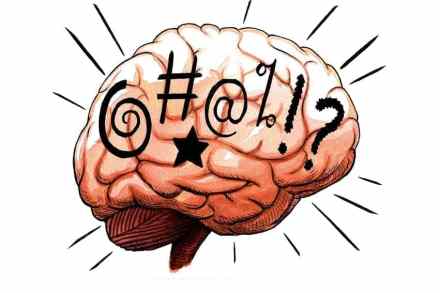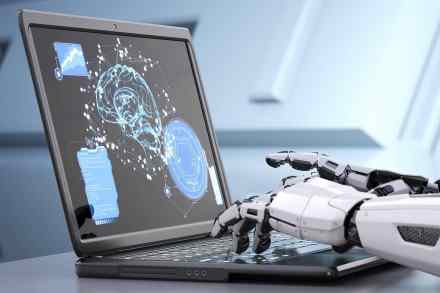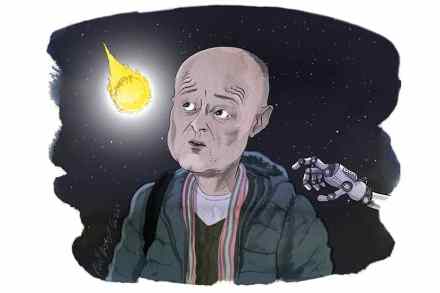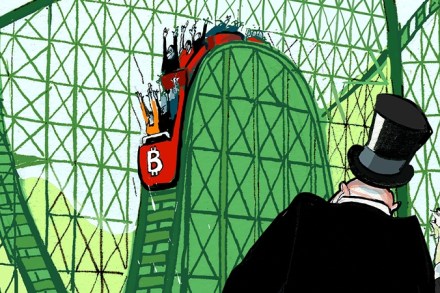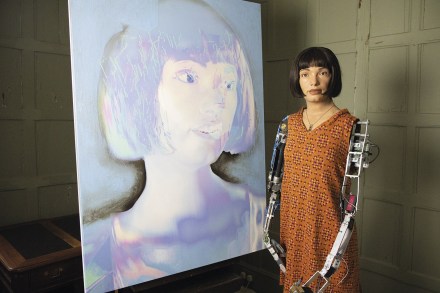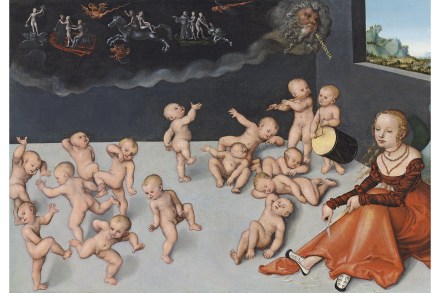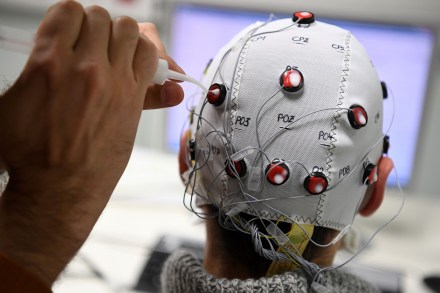Deus ex machina: the dangers of AI godbots
Something weird is happening in the world of AI. On Jesus-ai.com, you can pose questions to an artificially intelligent Jesus: ‘Ask Jesus AI about any verses in the Bible, law, love, life, truth!’ The app Delphi, named after the Greek oracle, claims to solve your ethical dilemmas. Several bots take on the identity of Krishna to answer your questions about what a good Hindu should do. Meanwhile, a church in Nuremberg recently used ChatGPT in its liturgy – the bot, represented by the avatar of a bearded man, preached that worshippers should not fear death. Elon Musk put his finger on it: AI is starting to look ‘godlike’. The historian



